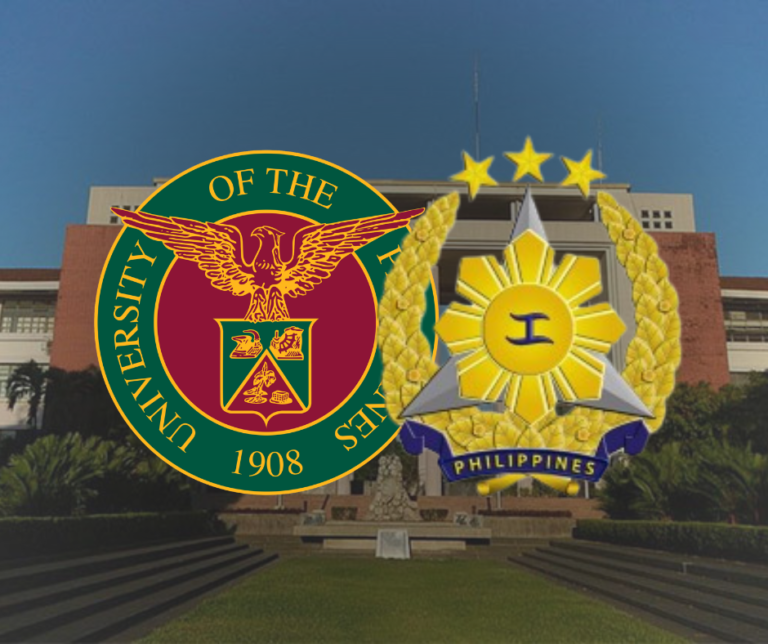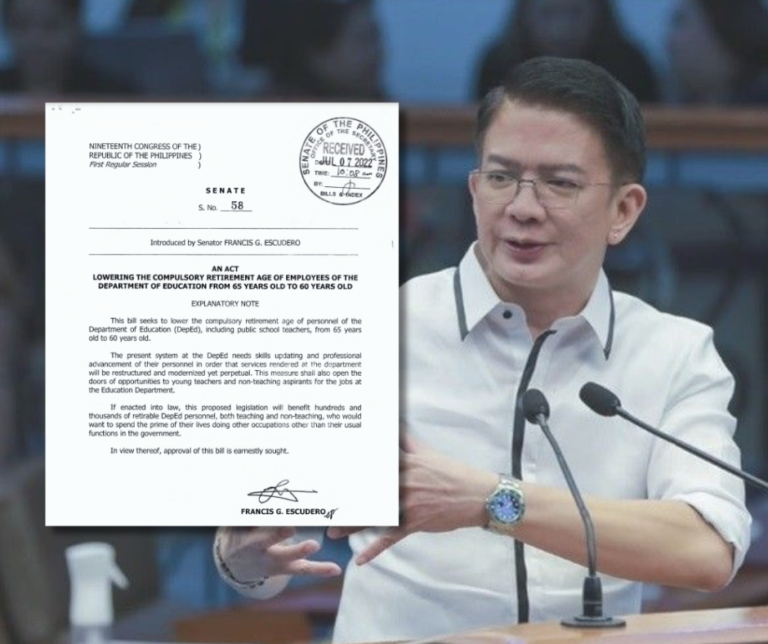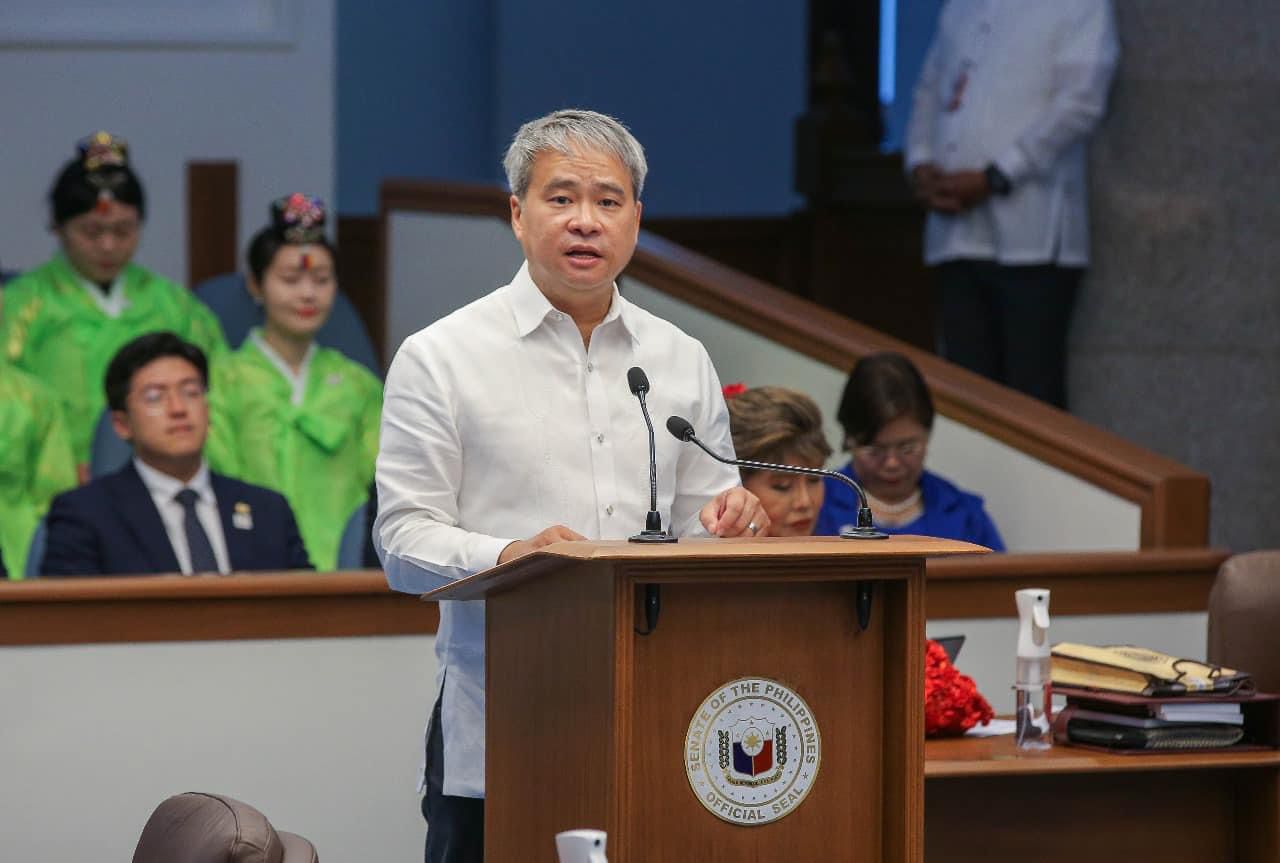
The University of the Philippines (UP) has sparked controversy by signing a declaration of cooperation with the Armed Forces of the Philippines (AFP), a move critics say undermines the university’s commitment to academic freedom.
The agreement aims to facilitate joint research projects, academic programs, and community engagement activities.
Members of the UP community have expressed strong disapproval, arguing that the partnership with the AFP compromises the university’s mission to promote fearless scholarship and critical thinking.
They point to the AFP’s history of human rights abuses and its efforts to suppress dissent, which have been documented by both local and international watchdog groups.
“We believe that the UP System Administration has gravely compromised UP’s academic freedom by signing an agreement that… strategically aligns resources and expertise between the AFP and UP,” the UP Office of Faculty Regent said in a statement.
Critics argue that this alignment legitimizes the AFP’s ongoing suppression of critical voices and progressive initiatives within the university.
The declaration arises amid rising tensions between the UP community and military officials.
Recently, UP members have faced vilification and red-tagging from politicians, including Senator Ronald dela Rosa, raising concerns about threats to academic freedom and civil liberties for students, faculty, and staff.
The agreement comes after the AFP unilaterally rejected the UP-DND Accord, intended to protect the university from unwarranted military intrusions.
Critics say the Jimenez administration signed the declaration without consulting the UP community, leading to calls for condemnation from students, faculty, and staff.
As the UP community reacts to this decision, many fear that the partnership with the AFP could further undermine academic independence.
This situation underscores the ongoing conflict between academic institutions and military influence in the Philippines, raising concerns about the future of academic freedom at UP.


